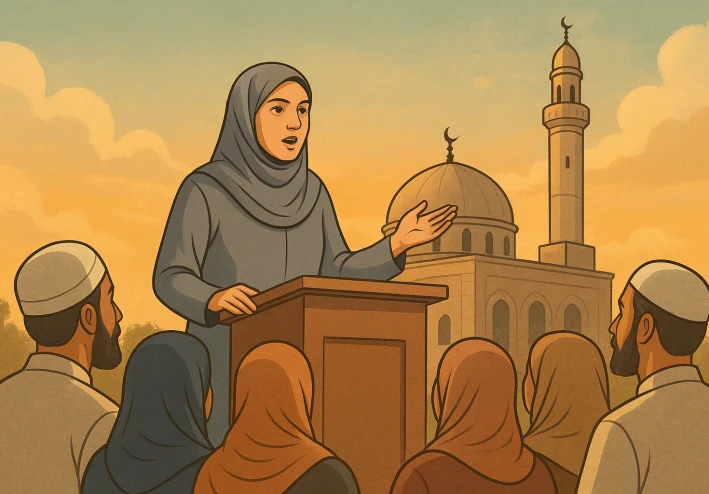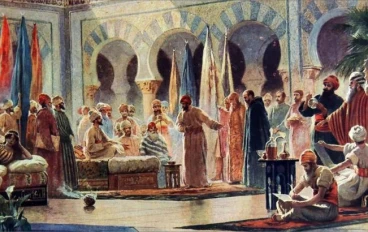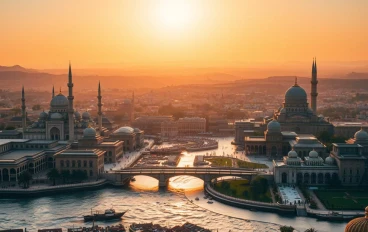
Presidential Council of Amanah
Presidential Council of Amanah: An Islamic Tale of Renewal
In the name of Allah, the Most Merciful, President Fatima Noor rose to speak not as a sovereign of privilege but as a guardian of trust. She declared that governance is amanah and that the measure of a nation lies in how it treats its weakest. To restore confidence she founded the Council of Amanah and Renewal, entrusted to carry out new exclusive and unique inspections that judged moral outcomes as closely as financial ledgers. The Council’s brief was simple and demanding: reveal truth, repair harm, and renew the bond between state and citizen.
The Council was assembled with deliberate balance: Islamic scholars to ground decisions in adl, auditors to trace funds, engineers to test infrastructure, and community volunteers to bring lived testimony. Each team included a youth and a woman representative so overlooked voices were present and heard. Their methods were original—mobile audit caravans reached remote clinics and schools, surprise community-led visits tested daily reality, and a public digital ledger displayed procurement and delivery in real time for public scrutiny.

One mobile caravan arrived at a coastal health center that brochures praised but patients feared. Inspectors found expired medicines stacked in storerooms, padded appointment lists that misrepresented access, and staffing rosters altered to mask shortages. The Council convened a public session where administrators answered questions under oath and families described missed care and hardship. Remedies were swift and restorative: expired stock was replaced at public cost, transparent hiring filled gaps, and patient advisory boards oversaw inventory and scheduling.
Another inspection targeted a waterworks project where pipes had been secretly diverted to favored blocks, leaving other neighborhoods dry. Technical audits traced the tampered routes and mapped lost supply; jurists reviewed contracts and found breaches of fairness under Islamic principles; and residents gave testimony about daily scarcity. The Council ordered reparations for affected families, demanded the re-run of procurement under open tender, and established a legally protected hotline with anonymous reporting and rapid response protocols.
Across sectors the Council emphasized repair over punishment alone. When negligence stemmed from lack of skills it funded training, restructured workflows, and paired struggling managers with mentors. When malfeasance was uncovered it pursued restitution and legal accountability proportionate to the harm. Quarterly reports paired statistics with human narratives so numbers reflected lived reality. Mosques and community centers were invited to teach civic duty alongside ritual practice, reminding congregants that practicing justice openly is itself a form of worship.
In time the nation observed steady change: clinics kept patient-centered logs, schools reported real inventories of books and materials, and citizens volunteered as monitors and auditors. Trust, once brittle, hardened into shared responsibility. The Council’s exclusive inspections proved that fusing prophetic ethics with transparent tools can renew public life. Leadership, the story concluded, is service; accountability restores honor; and quality governance becomes an act of faith when pursued with sincerity and humility before God, True leadership is a sacred trust, and when accountability is rooted in justice, transparency, and sincerity to Allah, governance becomes an act of worship. By uniting ruler and people in responsibility, corruption is replaced with dignity, and trust is restored through fairness and compassion.




































